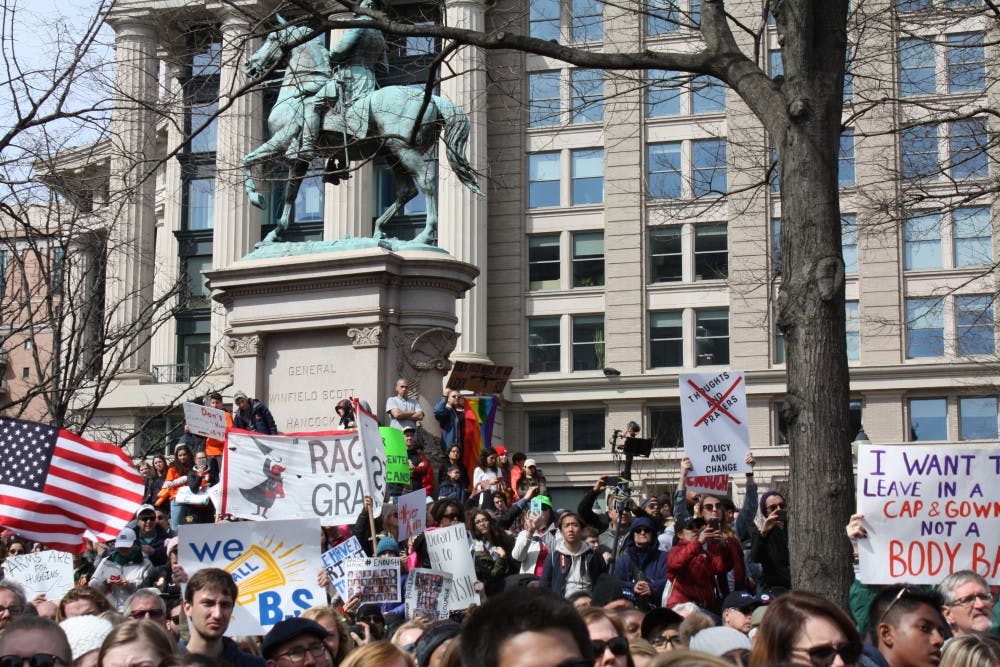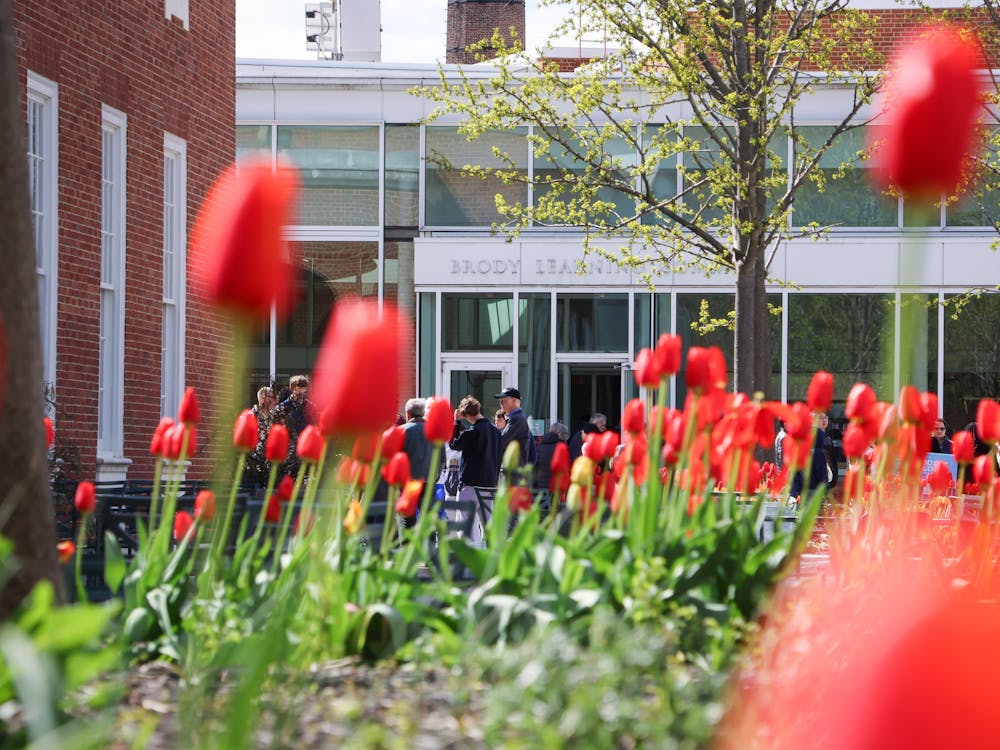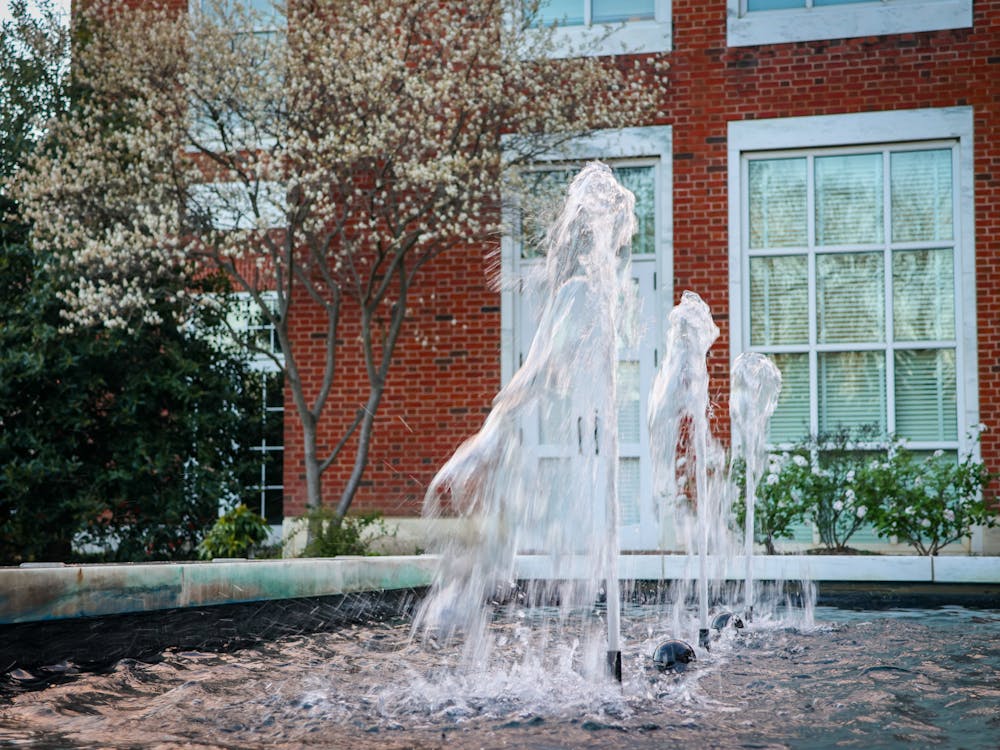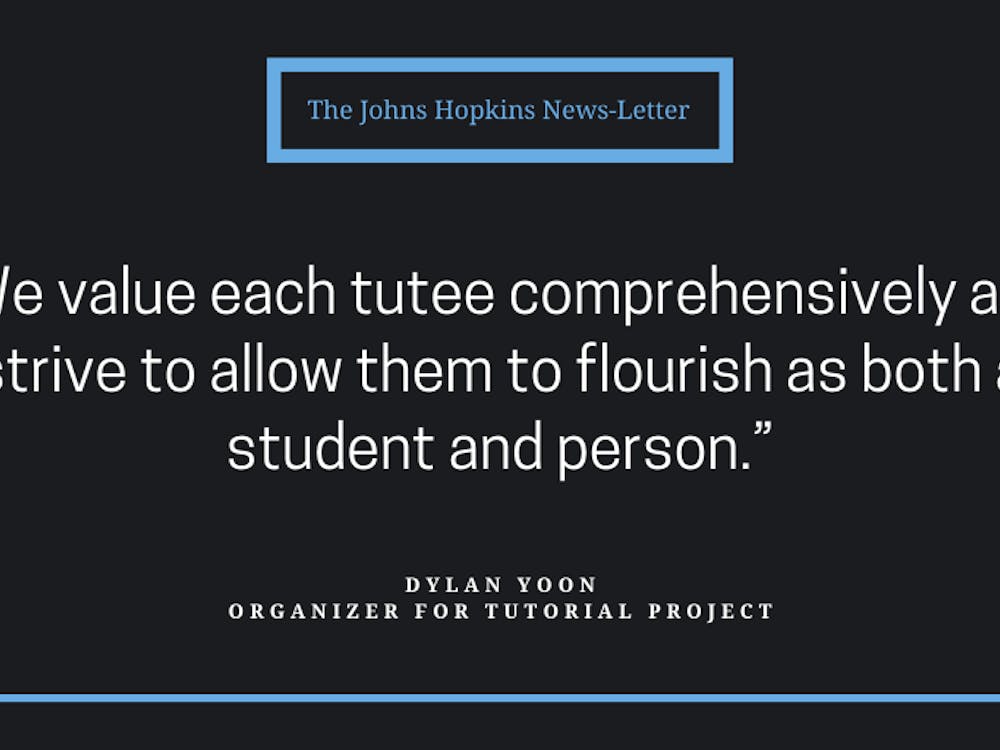Hundreds of thousands of students, educators and parents took to the streets to protest mass shootings and demand greater gun control at the March for Our Lives in Washington, D.C. on Saturday. Over 800 sibling marches were held in cities across the U.S. and abroad.
The March was organized by students from Marjory Stoneman Douglas High School (MSD) in Parkland, Fla. who survived a school shooting on Feb. 14, in which 17 people were killed.
At the rally in Washington, D.C., student organizers from MSD as well as other youth activists from cities like Chicago and Los Angeles spoke about the toll that gun violence has taken on their communities. They called upon supporters to vote officials who do not support gun control measures out of office.
According to the organizers, 800,000 people attended the D.C. rally alone, and the combined turnout for all the protests was estimated to be between 1.2 million and 2 million people, making March for Our Lives one of the largest single-day protests in U.S. history.
Several Hopkins students traveled to D.C. to lend their support. Members of the Student Government Association (SGA) provided buses so that students could attend the March.
One of the SGA members who organized the buses was Freshman Class Senator Lauren Paulet. Before coming to Hopkins, Paulet lived 20 minutes away from Parkland. She believes that it is important to speak out against gun violence.
“It could have happened at any high school,” she said. “It could have, quite frankly, happened here in Baltimore, on our campus, and it’s sad that we see such a dangerous attitude toward guns that’s so heavily embedded in our culture and society.”
Freshman Class President Sam Schatmeyer agreed that gun violence is a national issue.
“Gun violence isn’t just an issue that affects middle class white teenagers in public schools,” he said. “It affects everyone. A bullet doesn’t discriminate.”
Since the Columbine High School shooting in 1999, over 187,000 students in primary and secondary schools have been affected by school shootings during school hours, according to The Washington Post.
Student speakers at the rally called for universal background checks for gun sales, raising the federal age of gun ownership to 21 and banning the sale of high-capacity magazine assault rifles.
Other demands included ending the “Gun Show Loophole,” which allows unlicensed sellers to sell arms without conducting the background checks which are required of licensed sellers.
Speakers at the rally came from various racial and ethnic backgrounds. Naomi Wadler, an 11-year-old African-American student from Virginia, led a walkout at her elementary school alongside national walkouts on March 14. She spoke about the African-American women who have been affected by gun violence. Wadler said she was speaking out for the black women who did not make national headlines but whose stories still deserved to be told.
“People have said that I am too young to have these thoughts on my own. People have said that I am a tool of some nameless adult. It’s not true,” she said. “My friends and I might still be 11, and we might still be in elementary school, but we know. We know life isn’t equal for everyone, and we know what is right and wrong.”
Emma González, co-founder of the Never Again MSD movement and a survivor of the Parkland shooting, stood on stage for a total of six minutes and 20 seconds, the amount of time that the gunman took to enter MSD and kill 17 individuals.
For a sustained period of time, Gonzalez stood in silence while protesters chanted “Never again.” A timer went off, after which Gonzalez continued her remarks.
“Since the time that I came out here, it has been six minutes and 20 seconds,” she said. “The shooter has ceased shooting and will soon abandon his rifle, blend in with the students as they escape and walk free for an hour before arrest. Fight for your lives before it’s someone else’s job.”
Junior Pava LaPere said that she rarely attends protests and is not usually a political person. However, she believes strongly in supporting gun control efforts, especially those coordinated by students. She appreciated that SGA helped facilitate transportation and encouraged students to participate in the March.
“It is hard to get students to pull away from school, pull away from academics,” she said. “Anything that SGA can do to make the engagement process easier is really important.”
LaPere acknowledged the criticism directed towards the musical performances at the March.
“You’re trying to get as much attention as possible from as many people, so [obviously], incorporate pop culture,” she said. “Some people saw it as totally undermining the serious nature of the event. I fully saw it as a very strategic move.”
Senior Ryan Kunzer decided to attend the March at the last minute, partially because of SGA’s free transportation. He said that he was impressed by how organized the March was.
“I went to the Women’s March last January, and I went to the March for Science last spring as well,” he said. “This one was much more organized than the other two marches, the facilities for large crowds were much better prepared, and the speakers and everything ran very smoothly.”
Overall, Kunzer believes it is important for young people to speak out against gun violence and be informed about political issues, even if they are not yet able to vote.
“The more young people are engaged even before they can vote, the more they’ll be engaged when they are old enough,” he said. “If they can start thinking about these things and forming opinions now, then they’ll be in a better place to express them and act upon them when they’re old enough.”
March for Our Lives drew demonstrators from various age groups. Mike McCarthy, a man who attended the march in D.C., lauded the determination of the youth speakers to incite political change.
He also referred to Australia’s ban on semi-automatic weapons.
“It was a great March led by the young kids, and they did a great job,” he said. “It is just nonsensical that we don’t ban assault rifles in this country. I think the Australian example has proven that if you ban them, those massive shootings and massacres would be reduced. We just need to make change happen, and it will happen if we do it.”
For Victoria Oluwole, a senior at Manhattanville College in Purchase, N.Y., the March hit very close to home.
“My brother actually recently had a gun scare at his high school,” she said. “He’s safe, and thankfully everyone’s okay, but this was a couple of weeks back, shortly after Parkland.”
Thomas Annunziata, a junior at Manhattanville College, attended the March with several of his classmates. They took a five-hour bus ride to get to D.C. Annunziata had never attended a rally before.
“It is oftentimes very easy to just sit back and be quiet about things, but over time, it just gets really hard to just sit down,” he said. “I think I speak for everyone when I say we’re all very happy to be a witness to this.”























Please note All comments are eligible for publication in The News-Letter.